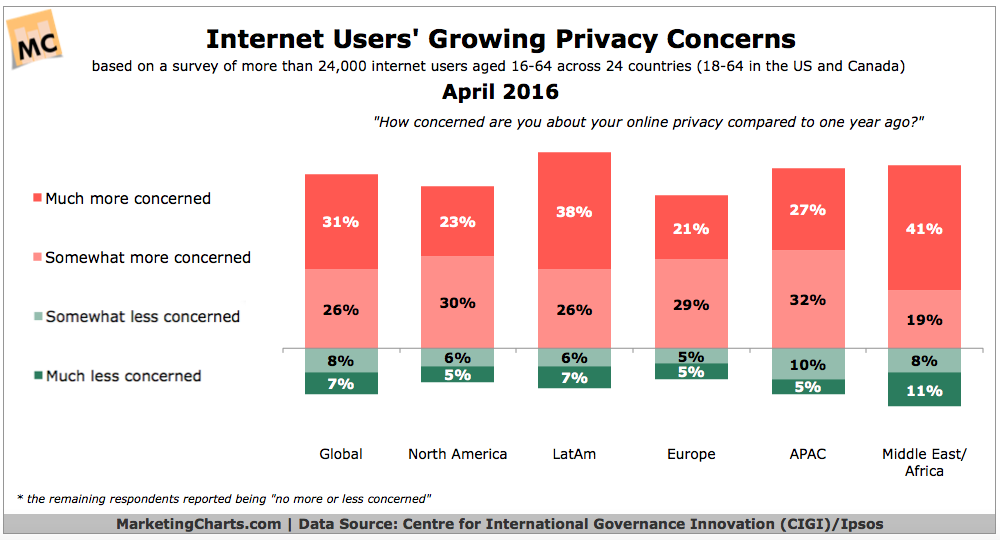Sacrificing Privacy for Sociability

PROBLEM: State a problem or issue that you want to tackle and explain why it is important to you and to the world.
The issue of privacy and social isolation in the digital age is becoming increasingly convoluted as the years go on. The definition of privacy has changed along with the rights that a consumer has versus a citizen. By increasingly allowing the privacy of each person to evaporate, society as a whole will suffer the deleterious consequences. These include not only a loss of anonymity, but also a loss of protection against potential threats such as identity fraud and stalking. In concordance with that, as some users value privacy over social connections, the risk of detrimental mental health effects rise. Therefore the issue of balancing social needs with privacy becomes increasingly difficult. As our society becomes more technologically advanced, old risks fall by the wayside while new threats arise in the digital world.
CONTEXT: Explain the problem using your past research as well as your own experience, and perhaps that of your frie
nds/peers/family.
The smartphone is a near ubiquitous piece of technology with nearly 5.13 billion devices active worldwide in 2019. Anecdotally, mobile applications that ask for ridiculous security privileges such as a flashlight app asking for permission to access the contacts of a device. Furthermore, viruses such as keyloggers have not been uncommon on mobile devices. In any case, mobile devices have become the dominant access point to the internet and subsequently the greatest point of potential privacy loss.
TECH: Describe the tech/platform/app you would like to change or re-design. You can mention the benefits of the tech/platform/app also, but your focus will be on needed re-design. You may want to create a Pro/Con chart. This chart can be part of your text.
BACKGROUND:
The mobile landscape is constantly evolving, as evidenced by the unique designs and ephemeral marketing points of cellphones and subsequently smartphones in the early 21st century. As sliding keyboards shifted to smooth glass slates, the mobile phone transformed from a point of contact to the main point of interaction throughout the user’s day-to-day. The transition was seamless as the plethora of devices, such as a calculator and music player, that a person would normally use throughout their life were bound inside a single device that can be carried in a pocket. Smartphones have become so ubiquitous, that according to a 2017 study, 42% of children aged 0-8 own a mobile device and device usage of all age ranges is only rising in today’s digitally evolving world.
PROS
The smartphone has changed not only what people carry in their pockets, but also the majority means, method, and speed of social communication. Smartphones include a bevy of sensors and communication radios that enable it to collect, use, and share data from any number of sources. Online access combined with the recent upgrades to cell tower technology grants near instant access to virtually any topic. In concordance with that, it also enables the upload of any information the user desires which increases the both the social connectivity and the potential for education of the device.
In the social sense, the smartphone has improved upon its predecessor’s ability for voice and text communication with video communication as well as new applications such as Facebook Messenger and SnapChat that allow new forms of textual communication. Furthermore, through the addition of third party mobile applications, the possibilities of use for smartphones are practically limitless in today’s world. Finally, as the smartphone was created for encompassing the totality of the user’s social needs, it has the potential to fulfill these needs, thus increasing the happiness of the user.
CONS
In spite of the benefits it brings, the smartphone comes with its fair share of issues. Fragmentation among operating systems in mobile devices and their desktop countertops has caused a number of security issues. First and foremost, devices that are loaded with older software have greater potential for viruses and other malintent pieces of software. Specifically for devices on the Android operating system, software and security updates are distributed through the OEM (Original Electronic Manufacturer) in place of the original software developer. This not only increases the wait time between when security updates are released and when users are able to download it, but also allows nefarious hackers more time to create malicious software. 
The smartphone revolution also included a wide array of social ramifications. Specifically, the increase in mental health problems including depression and anxiety. Additionally, according to a 2012 study, suicide rates among teens has been linked to smartphone screen time. Furthermore, smartphones have enabled the entire lives of individuals to be posted online to be judged, compared, and especially, documented. This not only lets potentially threatening individuals the ability to stalk others, but it also disables the users ability for complete anonymity and privacy outside of their own head. Even if they themselves choose not to post their information online, others can easily do it for them by including them or information in a post that they make. Finally, smartphones and their digital applications are engineered to prey upon the individual’s needs and be highly addictive.
GENERAL REDESIGN
The smartphone as it stands today is a valuable tool for communication that has the potential to be used for devastation. Socially, the smartphone would be more beneficial if consent for data release was included with the device. This would alleviate most privacy concerns as it not only gives the user control of every situation that their data may become public, but it also gives the user the opportunity to ruminate on their actions and ponder the consequences.
VALUES: Determine missing or under supported positive human values you want to promote and why they are important
to you or your community or culture.
While the smartphone enables the user to be socially connected, it also enables the user to be socially isolated. The smartphone, through its connectivity and potential social media software upgrades, allows the user to feel a sense of community and engage with others virtually. However, the potential loss of the sense of true self alongside the viral sharing factor lead to a damaged sense of social reasoning. Moreover, the attention of the user is continually drawn through a wide variety of alert systems including blinking lights, vibrations, and sound cues. All physical stimuli that trigger our curiosity and constant need for new information.
REDESIGN: then explain how your re-design can address this value or goal. You may want to review Lost Connections list of Natural “anti-depressants” or list of positive human needs. You can also use a “family values” poster, and pick one of the values that appeals to you and is relevant for your redesign.
Currently, the process for consent in privacy is a mix between opt-in and opt-out policies with the latter leading the way on social networks. While opt-in policies may seem appealing, it is most likely a single event that occurs when the user starts using the service or application. Moreover, the way in which the consent permissions are usually presented to the user with a pop-up event preys upon any user’s sensitivities of being prone to confusion and fear that they will not be able to use the service or application that they desired or needed.
In order for the smartphone to be less harmful to humanity, it needs to be changed. The infrastructure of social sharing has to change as well in order for individuals to restore their sense of self and belonging in the world. A digital consent pop-up or integration into mobile sharing menus would better allow individuals to choose exactly what they do and do not want to share. In concordance with that, allowing the user to censor data with black bars would enable the user to specifically pick and choose what parts of an image, text, or other type of post to share. This would be especially useful in situations such as sharing a document with community concerns that also contains sensitive information.
In an ideal world, legislation would be passed that would restrict what individual’s can post online that includes sensitive pieces of information such as the picture or address of other individuals. If followed and enforced, this would increase the amount of privacy overall for every citizen. Moreover, on the user-side, if devices would automatically flag for user review any pieces of potentially sensitive information that is entered by them, it would further allow users to decide what should and should not be shared online.
Users should be in control of their privacy and their mental health. Smartphones are designed to be as addictive as possible and as such, cause users to experience issues ranging from social isolation to the loss of their anonymity. Furthermore, the current system of information sharing and consent allows for these issues. Therefore, without major changes to the way in which we as a society use our devices and consume information these problems will persist and only grow and evolve with time.





You must be logged in to post a comment.